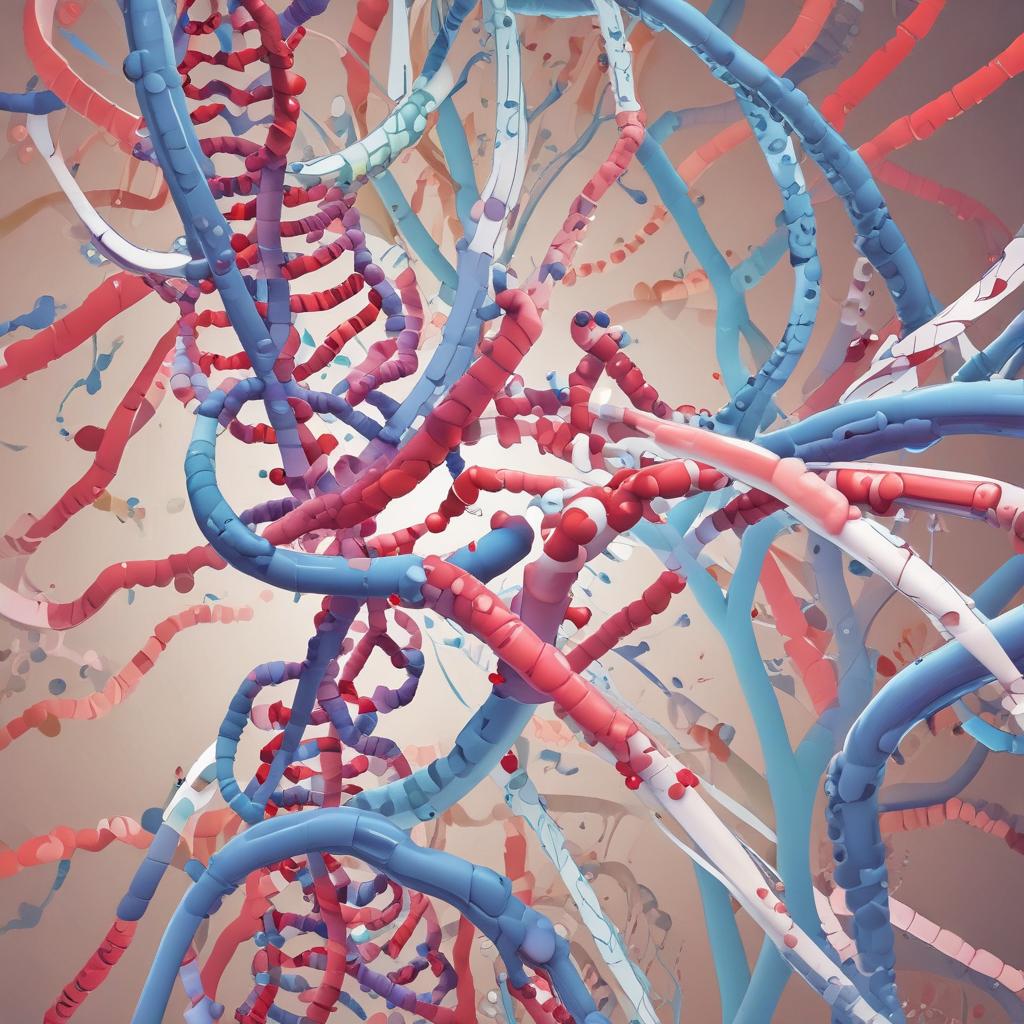Genome-wide association studies and Mendelian randomization analyses provide insights into the causes of early-onset colorectal cancer
Dr. Neil Murphy and his team conducted a genome-wide association study (GWAS) and Mendelian randomization (MR) analyses to investigate the potential genetic and environmental factors contributing to the increase in early-onset colorectal cancer (EOCRC). Here’s a brief overview of these studies and what they could reveal:
1. Genome-Wide Association Study (GWAS):
A GWAS involves scanning the genomes of many individuals with EOCRC to identify genetic variations that occur more frequently in these patients. This study can help identify single nucleotide polymorphisms (SNPs) associated with an increased risk of developing EOCRC. The goal is to find genetic markers that could predict an individual’s risk of developing EOCRC and uncover new biological pathways for targeted treatment or prevention.
2. Mendelian Randomization (MR):
MR uses genetic variants as instrumental variables to assess the causal relationship between modifiable risk factors and diseases. This approach helps determine whether associations between risk factors and EOCRC are likely to be causal.
By combining the results from GWAS and MR analyses, researchers can gain insights into genetic predispositions and potential environmental or lifestyle factors contributing to the risk of developing EOCRC. This information could be critical for developing targeted screening strategies, personalized prevention measures, and more effective treatments for individuals at risk of EOCRC. It’s important to note that while GWAS and MR can provide valuable insights, they also have limitations.
In this study on early-onset colorectal cancer (EOCRC), researchers discovered two new risk loci at 1p34.1 and 4p15.33, previously unassociated with colorectal cancer (CRC) risk. They identified a damaging variant (rs36053993, G396D) in the MUTYH gene linked with increased EOCRC risk. Most genetic susceptibilities came from noncoding signals enriched in epigenetic markers in gastrointestinal tract cells. The study also pinpointed new EOCRC-susceptibility genes and highlighted pathways, including TGF-β, SMAD, BMP, PI3K signaling, insulin signaling, and immune/infection-related pathways.
Using Mendelian randomization, they found probable causal associations linking higher body size and metabolic factors, alcohol consumption, and lower educational attainment with increased EOCRC risk. The rising incidence of EOCRC is a concerning trend, and research like this is crucial for developing a better understanding of the disease and improving public health outcomes. This study reveals significant inherited susceptibility to early-onset colorectal cancer (EOCRC) and emphasizes the potential for modifiable lifestyle and metabolic factors to aid in risk stratification for personalized screening strategies and interventions.
You can access the publication directly through this link: https://www.annalsofoncology.org/article/S0923-7534(24)00058-9/fulltext?rss=yes



